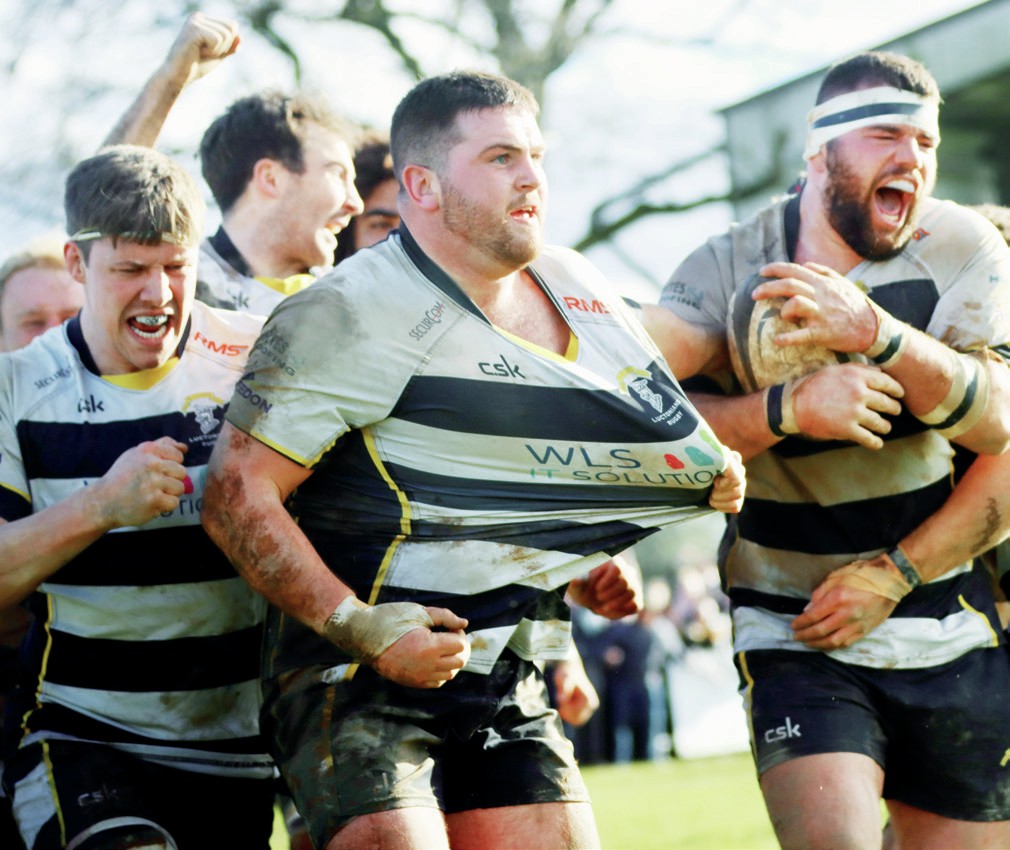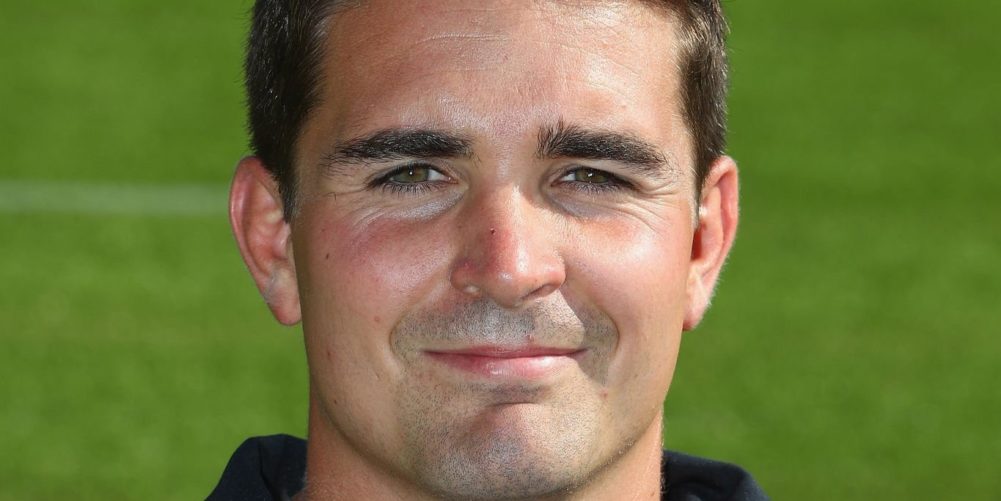Former Richmond director of rugby Steve Hill puts the questions to Ryan Watkins, head coach of Luctonians RFC, currently second in National League Two West

Why did you get into coaching rugby and how did you arrive at your current position?
I wanted to be a PE teacher growing up and did start off that way. From there I started coaching and ended up becoming a player coach at 24.
What is your profession outside of coaching rugby?
I was working at Worcester Warriors as an academy coach before they went into administration, so with having a young family I decided to find something that was more stable so I am currently training as a civil engineer.
How would you describe your style of coaching?
Hard to say, but I have definitely become more of a facilitator as the years have gone by. Much more focus at present is on setting up the environment for other coaches and players to reach their best.
What do you find the most challenging aspects of coaching?
Understanding the balance between approaching the here and now by putting the result first; with developing a team for two-three years down the line ready for the future and the decisions that come along with that as a coach.
How do you foster a positive team culture?
Make sure as a coach show the players that I value and reward effort first. I find if you do that you'll build a team that wants to work hard for each other.
Has anyone been an adviser/mentor/inspiration on your coaching journey and how has that helped?
I've had a few over the years that I've been lucky enough to work under before becoming a head coach and I've taken something from all of them. Stu Bemand was head coach at Luctonians before me and always managed to get the best out of players. Simon Cross who was defence coach at Worcester had unbelievable detail around defensive systems, but made things seem simple. Gordon Ross for his tactical understanding of the game as a whole. I still lean on them for advice when needed.
So far what would you count as your most significant coaching achievement and why?
Probably getting relegated and then promoted back into National Two with Luctonians. It wasn't nice to get relegated, but we learned not to fear it, as we stuck together as a club and came back stronger for it. We haven't looked back since.
What are the specific issues a club not based in a large city face?
Attracting players is always tough. However, we work hard on retaining players and we have had a very small turnover of players over the years which has helped our consistency. Other than that it is probably our greatest strength and pulls us tighter as a club and community.
For your club, promotion is a definite possibility this season. When and what planning occurs to potentially deal with this?
Until it's mathematically done it's hard to plan for next season. So we will have to wait a little longer before any solid plans are in place. However, if we do get promoted we won't look to bring in many players in. The lads who have got us this far are part of the fabric of the club and I wouldn't want to risk harming our spirit for the sake of playing in a certain league.
Please name a player(s) who you have really enjoyed coaching/developing and why?
I'll stick to this season as there are loads over the years. Tom Jones our fly half has developed hugely in terms of his game management and composure at the right times. Lewis Parkes for finally talking to me after three years! Great to see him flourish and develop into a top player week in, week out. Just to name a few.

What is your process for evaluating and providing feedback to your players?
Be honest, have evidence to back it up and don't make comparisons with other players.
Of late there have been a lot of negative comments around rugby. What do you see as the positives?
Where numbers of players in adult rugby have been dwindling around the country Luctonians have bucked the trend. If we can get four teams out with the catchment area we are dealing with then it shows that if you do the right things then you can grow your club, even in the current climate.
As a coach what two laws or aspects of the game would you change to make it a better experience for either yourself or your players?
I don't think the game needs too many law changes and we want to preserve the contest at set piece but in terms of the very top level I would like to see a smaller bench being brought in. In doing so you would force more players to be able to play for 80 minutes and potentially get faster, fitter players who can play a higher tempo game that could attract more non-rugby supporters.
What two words would your current or previous players use to describe you as a coach and why?
Hopefully a decent person that always tried to help them get better.



























